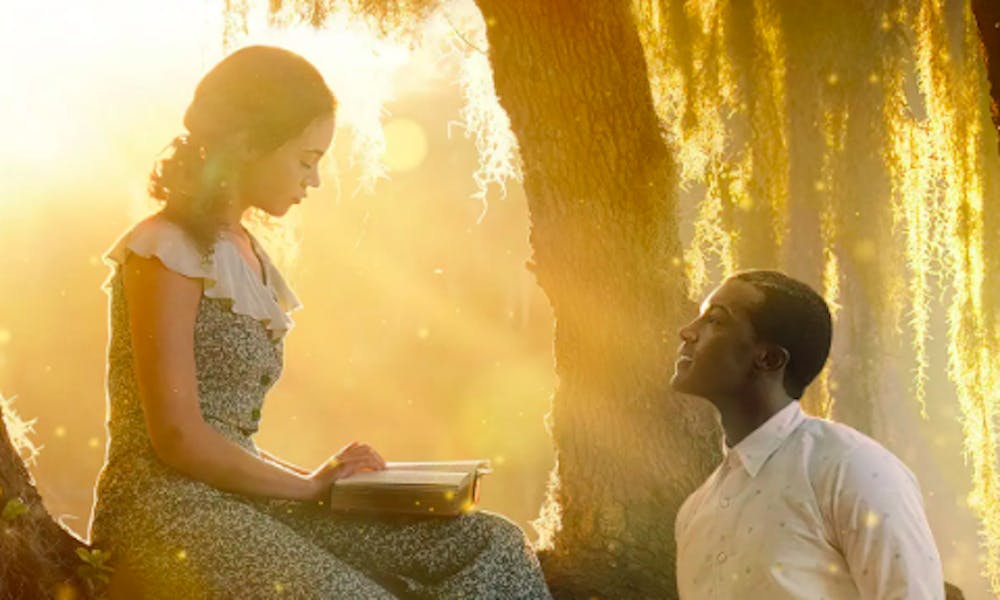By Lea Pichardo
Staff Writer
Tyler Perry is a man of many talents. While he is best known for his masterful portrayal of Madea Simmons, a wise-cracking African American grandmother, he has over forty years of experience bringing stories to life on the big screen as a producer, screenwriter and director.
His newest project, which is a passionate tale of love, romance, mystery and deceit during the Jim Crow Era, may be his best work. Titled “A Jazzman’s Blues,” Perry wastes no expense creating a world that viewers can fall into and a host of characters they can’t help but love.
Set in a rural Georgia town during the 1940s, the story begins with a budding romance between seventeen-year-old Horace John Boyd (Joshua Boone), nicknamed Bayou, and sixteen-year-old Leanne Harper (Solea Pfeiffer). Despite this, there are terrors at every turn for the two African American lovers. For Bayou, the possibility of being lynched, tortured, beaten and killed is real and terrifying. Every day could be his last because of a widely held belief in the concept of a “superior race” that is somehow more intelligent and beautiful. For Leanne, however, those terrors are slightly different. Despite being part of the African American community, she has something that Bayou doesn’t: the ability to pass as white. Ultimately, her decision to take advantage of this particular characteristic breaks everything apart.
The film’s appeal stems from the fact that it is a character-driven narrative that brings the darkest aspects of human morality to light. I applaud Perry for never losing sight of that and for creating a film that touches upon many aspects of race and identity without being overwhelming.
I also applaud Perry for including a detailed and heartbreaking account of Bayou and Leanne’s traumatic childhoods. Incorporating that into the story gave viewers a clear understanding of what values they would grow up to have. It would also give viewers insight into their definitions of true love and its importance to them in the grand scheme of life. Bayou’s loving connection to his mother, Hattie Mae, brings meaning to his life, despite his severe struggles to gain respect from his father and brother. As a result, Bayou not only believes in true love, he cares a great deal about it and would do anything to protect it. Leanne, however, in addition to being a victim of rape and psychological abuse, was forced by her mother to marry a wealthy white man who she did not love. So, although, as a white woman, she was experiencing every type of freedom society had to offer, she had no concrete understanding of freedom, love or sacrifice.
Overall, Bayou and Leanne are so frighteningly human in their quest to find themselves and find true love that the film eventually becomes so much more than a series of images paired with seemingly random bursts of dialogue. Essentially, it becomes a masterpiece, a work of art that encourages viewers to analyze the nature of injustice and oppression. It is important to remember that the U.S. bears the scars of a tumultuous and horrid past to this day.







